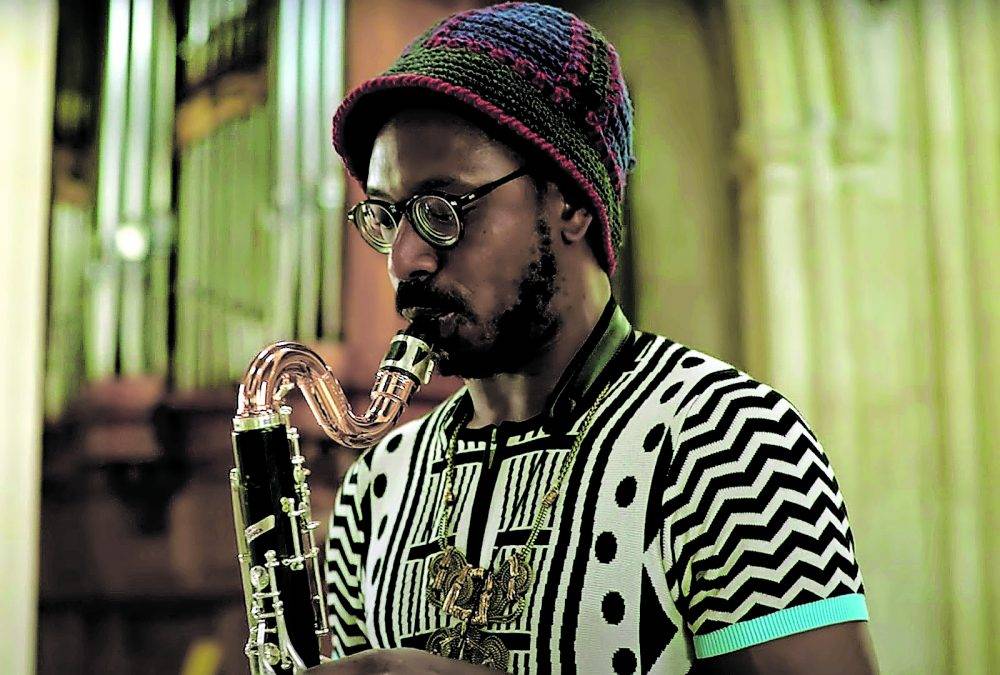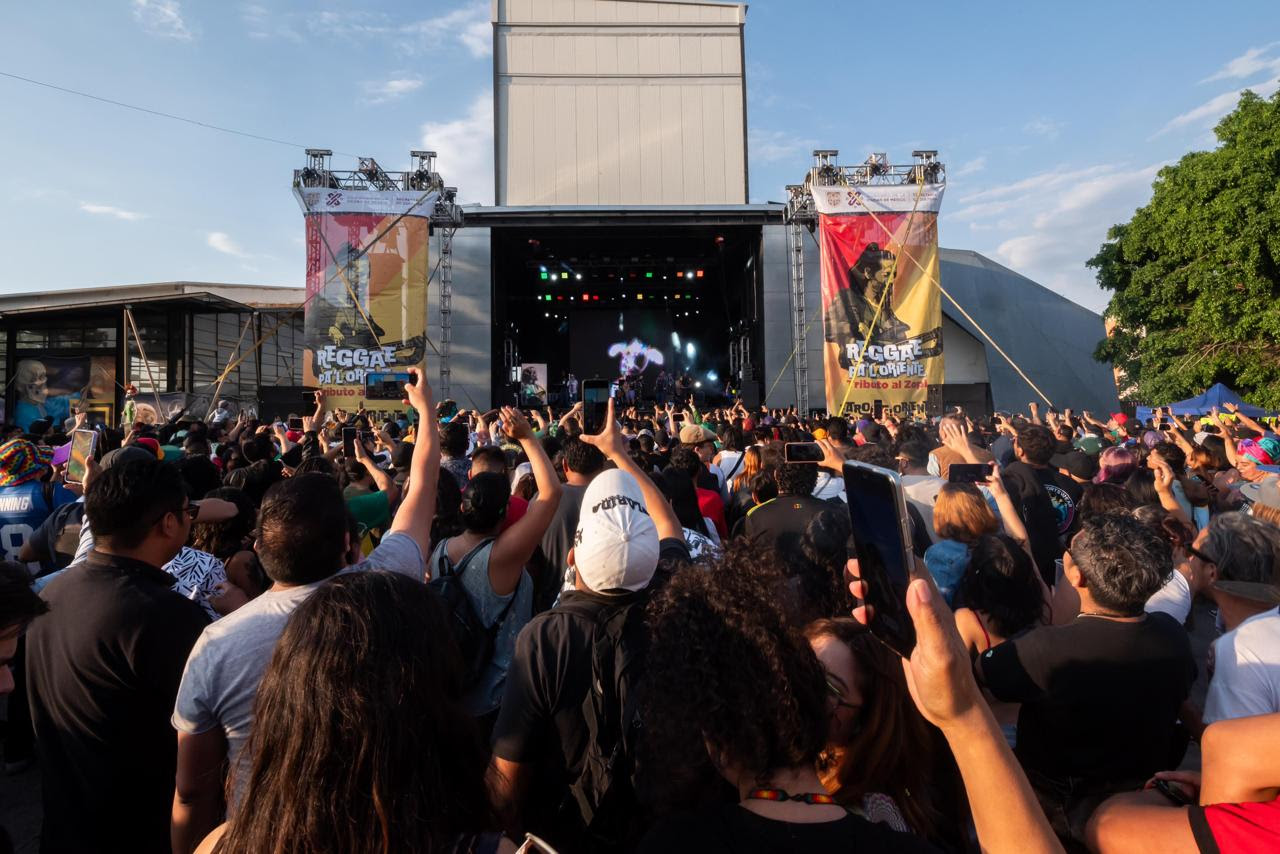SA jazz musos still lighting fires in London – Mail and Guardian

Shabaka Hutchings from the UK recently toured here with his South African outfit Shabaka and the Ancestors. Photo: supplied
We know the start of the story. South African jazz musicians arrived in London in February 1961 for the first overseas run of Todd Matshikiza’s jazz opera King Kong. While metropolitan theatre critics were sniffy (“frankly erotic … strongly if seldom melodiously sung”, opined The Times), audiences instantly warmed to the show.
Enthusiastic, long-lived jamming partnerships developed between off-duty South Africans, such as singer Thandi Klaasen and trombonist Jonas Gwangwa, and British jazz musicians, such as bandleader Johnny (later Sir John) Dankworth.
According to the South Africans, British members of the King Kong pit band expressed keen curiosity about South African voicings and harmonies but we don’t really know how (or if) they incorporated that knowledge into their own playing.
We know a lot more about the South African musical influence three years later, when Chris McGregor and the Blue Notes landed in the city and, through their interactions with UK players, “literally” (as photojournalist Val Wilmer put it) “upturned the London jazz scene”.
We know the end of the story — or, at least, the current phase, because the partnerships between British and South African players are far from over. UK reedman Shabaka Hutchings has just concluded a farewell tour of this country with his South African outfit Shabaka and the Ancestors, before he takes a pause from live performances.
But there’s a whole middle part of the story of the London-Africa jazz connection that’s far less well known and documented.
It was in the 1970s and the decades that followed that the influence of South Africans on the London scene — alongside their equally brilliant peers from West Africa, such as Ghanaian George Lee Larnyoh, and the West Indies, such as Andy Hamilton, Joe Harriott and Rico Rodriguez — consolidated to create a shared musical language that, today, is instantly recognisable.
It happened around a bunch of jazz places. There was the Africa Centre, established initially by the Catholic Church as a home from home for African students and refugees; the 100 Club on Oxford Street; Stern’s Record store where imported African music LPs were sold, and countless pub music rooms across the city and its suburbs.
Later, there were imprints such as the Ogun label founded by Hazel Miller, wife of South African bassist Harry Miller.
In those spots, young Londoners and new arrivals from the provinces found a welcome in scratch bands that often included the cream of South African jazz players: saxophonist Dudu Pukwana, trumpeter Mongezi Feza, drummer Louis Moholo-Moholo, guitarist Lucky Ranku, bassists Miller and Ernest Mothle and vocalist Pinise Saul, among others.
We have fragments of memoir and memory from those days. Percussionist Trevor Watts, for example, remembered that the South Africans “sometimes made me feel more welcome than some British musicians”. But very little of the sometimes-impromptu music that ensued was recorded or reissued.
Now a release from the British Progressive Jazz label Starting Fires: Live at the 100 Club gives us a chance to hear one British-South African jazz collaboration from that period. It’s electrifying.
The Starting Fires quartet is led by UK altoist Mike Osborne, partnered by Alan Skidmore on tenor. On bass is Miller and, on drums, Louis Moholo-Moholo.
Chris McGregor and the Blue Notes had seeded a language for larger ensembles — clearly audible in early iterations of, for example, the Mike Westboook Concert Band — that was eclectic, occasionally anarchic, and rich with the call-and-response chorusing black jazz worldwide embraced.
South African ensembles often took it to the limits — the wild, improvised “fowl run” that had long been encouraged by experimental-minded veterans back home such as Langa’s Christopher Columbus Ngcukana.
Let a smaller ensemble loose with that, and the fowl run flies into the stratosphere.
Osborne isn’t well known in South Africa. His UK career, which began in the late 1960s, was interrupted, and eventually cut short in 1982 by mental illness, although he lived until 2007.
But if you’re looking for a British saxophonist on a parallel musical wavelength to Dudu Pukwana, Osborne’s your man. He had the fire and attack of a reed player who, if you didn’t know better, you’d swear came from the Cape.
You can hear this small group doing the same things the South African musicians were doing at that time — picking up a jaunty melodic fragment that might be (but probably wasn’t) a folk tune and repeating it, stretching it, juxtaposing and chorusing it until you’d think it had been wrung dry, and then turning it into something else entirely, such as a languorous piece of ballad.
Or, of course, vice versa, as they do on this album’s second track, which starts off all Body and Soul and then travels out.
Then listen, too, to the engine room of Miller and Moholo; the former switching between disciplined walk, helter-skelter pizzicato and soaring free patterns; the latter adding texture and shaping ideas far more than straightforward punctuation.
Jazz isn’t, automatically, a universal language. To be sure, any four musos, even strangers, can hop on to a stage and churn through a few predictable changes on Autumn Leaves but that isn’t what we’re talking about. Speaking an innovative dialect like this together requires that the musicians work together over time, respect and listen to one another, as Londoners and South Africans had been doing since the early 1960s.
When we celebrate Africa, part of that is recalling the cultural makers and shapers who did not only contribute to, but transformed, the scenes they arrived on. That certainly didn’t start with Amapiano, or Jerusalema, or Black Coffee in Madison Square Gardens.
In this instance, the year was 1970, the place was 100 Oxford Street, and this album lets you hear exactly what kinds of fires South African musicians had been starting in London ever since they had arrived.




